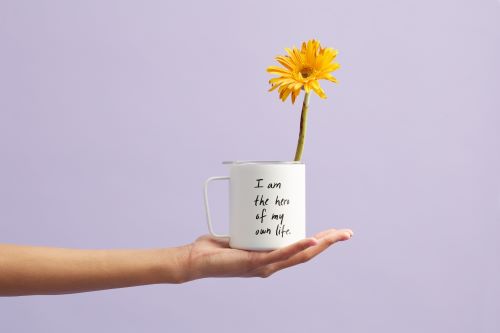
November 10, 2020
By: Dr. Alissa Rubinfeld, Clinical Psychologist
It is no secret that Covid-19 has impacted so many areas of life. We have even blogged about a few, like making decisions, parenting, and keeping calm. There is a surge in pandemic-specific resources happening in response to rising rates of anxiety and depression – rising rates that pose specific challenges to those with eating disorders (EDs).
Covid-19 is like the pilot flying a turbulent flight of emotions. When one emotion takes a left, maybe another zooms right. And then when some go up, others take a dramatic, steep fall. If you have already been learning how to cope with an eating disorder or a complicated relationship with food and eating, maybe you have been working hard on getting to know how to fly your own plane, to manage your feelings in a more adaptive way. But cue all these NEW or intensified feelings…what now!?
Research has shown us that eating disorders grow out of a complex relationship of different factors – ones that are biological, emotional, social, and cultural – and the effects of the pandemic, like increased uncertainty or isolation, might increase vulnerability in any one or even a few of these categories.
We have learned over the last 8 months that Uncertainty with a capital U has been a disruptive visitor overstaying its welcome – no matter what the attempt to exert a sense of control, to shove it out the door. If you are struggling with disordered eating, you are likely no stranger to this idea – maybe sticking to some food rules to feel in control or using behaviors to cope with the perceived loss of it. You might certainly feel the impact of new layers of unknown stemming from the pandemic – like food security, access to exercise or financial limitations impacting how you typically engage with food in your life.
Isolation is also a big one. Ellen E. Fitzsimmons-Craft, an assistant professor of psychiatry at Washington University School of Medicine, says it well: “Eating disorders thrive in isolation”1. Your coping behaviours, like restriction or binge eating, find strength through the experience of shame and secrecy- and maybe the pandemic has kept you distanced from your supports or out of your recovery-friendly routine.
In my own practice, I’ve seen all of this happening in my [virtual] therapy space. With the pandemic as a speedy curve ball in treatment, it has felt so important to name and validate with my clients what is so new and scary, while finding adaptive ways to cope:
Go back to what you know. In the face of uncertainty, it is important to ground yourself in something that is familiar. Maybe you revisit some earlier steps in your treatment or recovery that you once mastered- it’s okay to go back to the basics!
Maintain consistency in your eating. Establish a pattern or schedule that works for your current pandemic-influenced life. In the face of chaos, it helps to resume basic self-care, like adequately nourishing your body. Try eating regularly throughout the day, being mindful that physical deprivation might only reinforce the emotional deprivation of isolation and uncertainty.
Identify your values. Remember why that part of you, even the tiniest one, ever wanted to challenge your ED in the first place. You might have identified important values integral to your identity. Know that even if you can’t practice your values and strengths in the most ideal of ways, consider what might be second best.
Be kind to yourself! Negative self-talk can trigger the body’s fight or flight response. Practice mindfulness or self-compassion through “okay-ing” your emotions, taking space to breathe into the present moment, and acknowledging any suffering with acceptance and without judgment. To accept the present does not mean you have to be in love with it! Rather, acknowledging your circumstances as they are can reduce those sticky feelings of resistance.
Of course, so much of this might sound easier said than done. Especially with the cold weather brewing, that turbulence might be picking back up. The challenge is to notice when things are hard[er] and check in with yourself around what you need. Maybe that need is calling for you to reach out…identify and call on your co-pilot!
(1) 1COVID-19-Era Isolation Is Making Dangerous Eating Disorders Worse, by Michelle Konstantinovsky on August 26, 2020; scientificamerican.com.